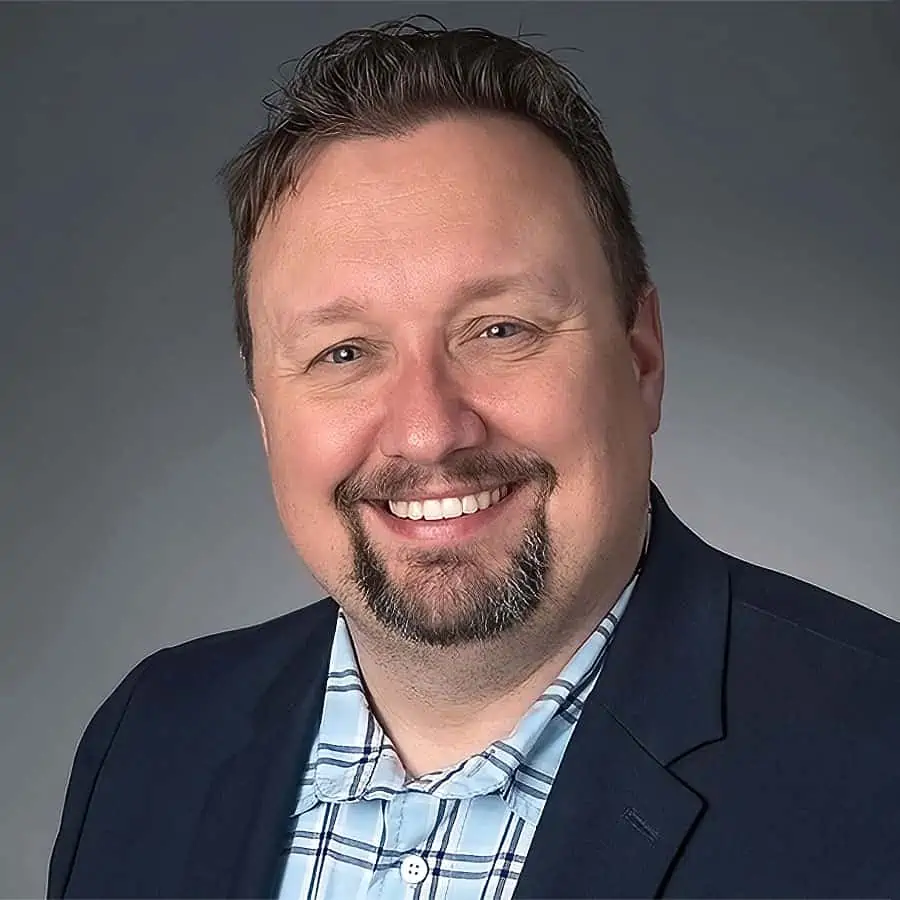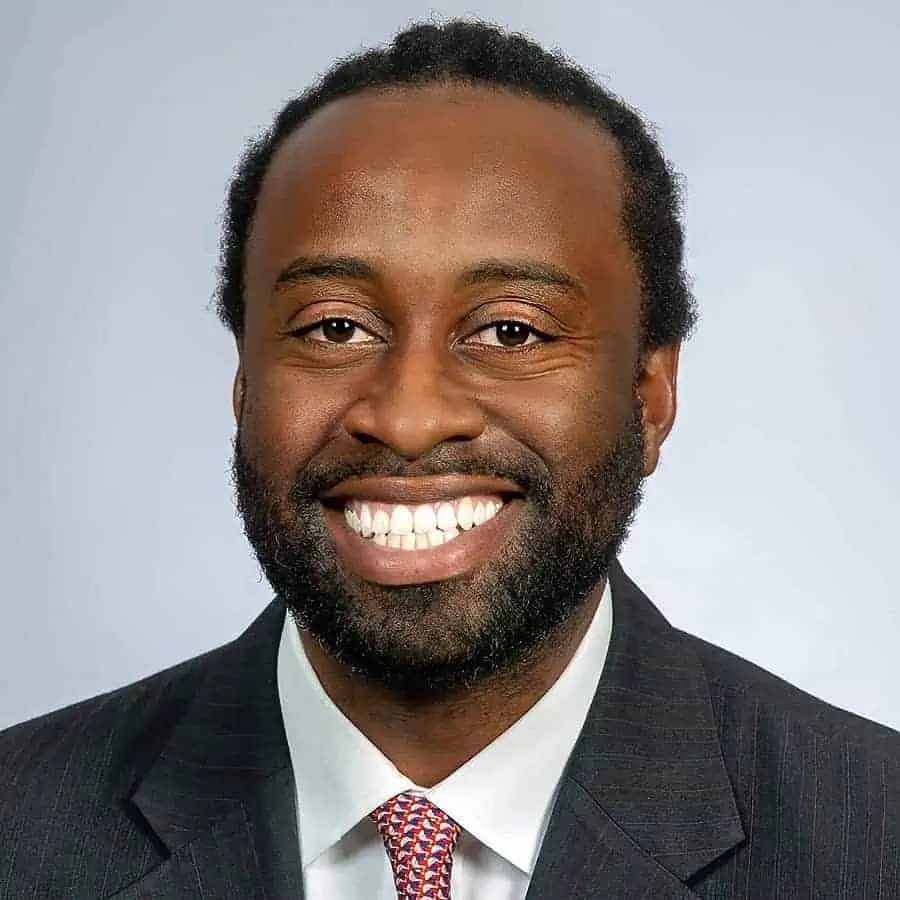Podcast: Play in new window | Download | Embed

Engineering Quotes:
Here Are Some of the Questions We Ask Keithe:
- What is one specific project that stood out to you in your career and what did you learn from it?
- What are some of the different aspects of geotechnical engineering?
- Why is geotechnical engineering is important, and why should it be studied?
- How has education in engineering helped shape your career to where you are today?
- What do you think the future holds for the geotechnical and civil engineering professions?
- What advice would you give to young engineers?
Here Are Some of the Key Points Discussed About the Future of Geotechnical Engineering:
- Working on dams is a good place for geotechnical engineers to learn about soil, how water affects it, collect quality data, and how you perform advanced testing. You learn a lot about dam hydraulics and soil mechanics in its worst form, which is saturated.
- Geotechnical engineers are the gum that sticks all the other engineering disciplines together because any structure must be on, or in the ground at some point. Geotechnical engineers must know enough about everyone else’s craft to be able to answer their questions. You must ask more questions than many other kinds of engineers and be a good listener.
- By working on your education while you are working at your job, you can take things to the field that you learned in the classroom and vice versa. Getting out into the field will give you more experience by seeing all the different conditions in the real world. Take courses in the geomorphology of soils to further your education.
- Civil and geotechnical engineers will be the key to dealing with the issues we are currently experiencing in geological hazards, flooding, wildfires, and landslides. We must educate other people about things that will be problems soon and how to plan to curb them. It is our ethical requirement as engineers to think ahead.
- Young engineers must learn to be good listeners. Do not jump into an answer without listening first. It is OK to pause and think about what you are doing or saying, and do not be afraid to ask questions. It will help you to solve problems, which is what engineers do.
More Details in This Episode…
About the Guest: Keithe Merl, P.E.

About the Host: Jared M. Green, P.E., D.GE, F.ASCE

Jared is a consultant and team leader who also enjoys mentoring young engineers and first-generation college students. He has been instrumental in increasing the number of pre-college students who are interested in STEAM majors and fields. He strives to make complex engineering topics relatable and understandable to people new to the field and to people who are completely unfamiliar with engineering. Jared and his family currently reside in Flemington, New Jersey. He and his wife have three energetic, inquisitive, and awesome children. You can connect with Jared here.
Sources/References:
Hobas Pipe USA
Connect with Keithe Merl, P.E., on LinkedIn
This Episode Is Brought to You by Tensar

Please leave your comments or questions in the section below on what you think the future of geotechnical engineering holds.
To your success,
Jared M. Green, P.E., D.GE, F.ASCE
Host of The Geotechnical Engineering Podcast





